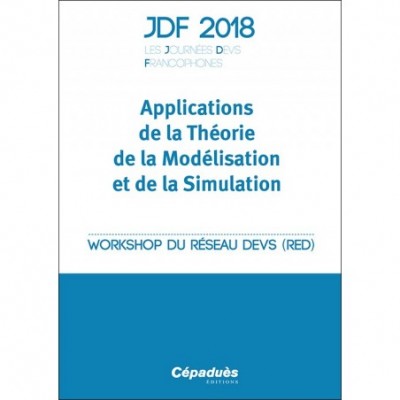Modular Design of Hybrid Simulation Languages
The engineering of a complex Cyber-Physical System (CPS) commonly involves the creation and subsequent simulation of hybrid models. Such models are not expressible in a single existing formalism but rather require a carefully crafted hybrid modelling language, based on a combination/coordination of the consituent languages. Modular language engineering is thus essential for effective and efficient development of new formalisms, appropriate for a task. In our approach, each modelling language and its experimentation environment is described using a modular representation of its syntax and simulation semantics. A white-box technique is presented for explicitly modelling the definition and composition of these specifications. Once the semantics of the hybrid language is wellunderstood, the composition specification can be used to synthesize a co-simulation «master» coordination algorithm. When the combination/coordination/orchestration of the invididual languages' semantics is explicitly modelled, in an appropriate formalism (Timed Automata in our case), analysis of properties (e.g., through model checking) of the constructed hybrid language becomes possible. The approach is demonstrated by creating a few hybrid languages through composition of simple building block languages such as Timed Finite State Automata (TFSA). The automated analysis of language properties such as legitimacy and determinism using the tool UPPAAL will be demonstrated.

